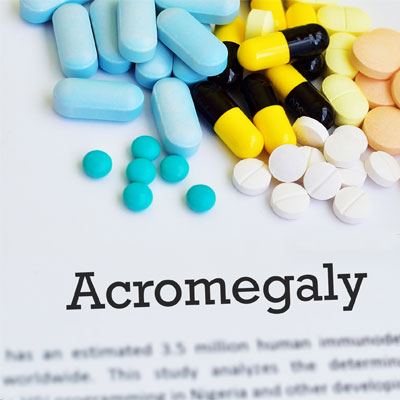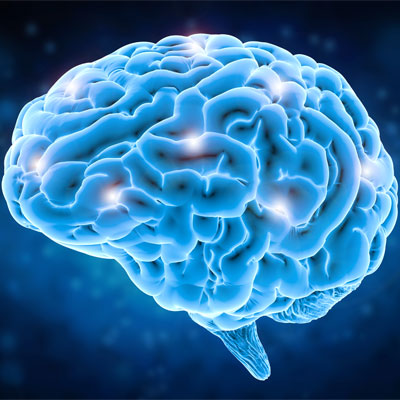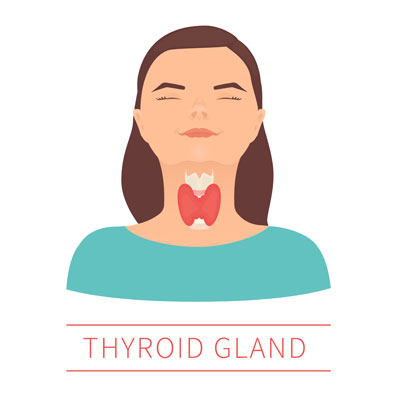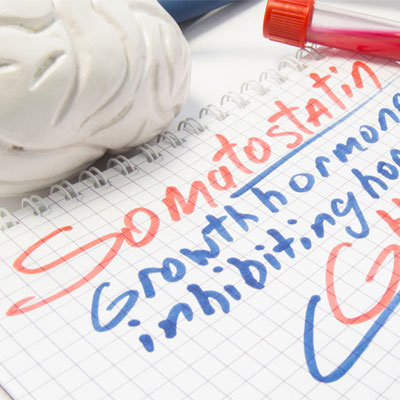Contents
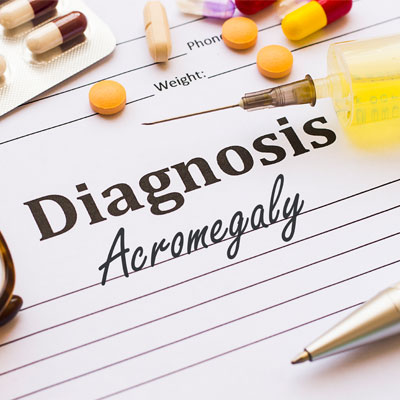
The condition is usually the result of disease or injury to the pituitary gland, usually a tumor, known as a pituitary adenoma. In some extremely rare cases, a tumor elsewhere in the body, such as the lungs, adrenal glands, or pancreas, can lead to an overproduction of growth hormone, resulting in symptoms of acromegaly.
Acromegaly is an exceedingly rare condition. Each year in the US, only four people in every million will receive a diagnosis of acromegaly.
What Causes Acromegaly?
There is a misconception that if you are prescribed HGH therapy, and you take too much, it can cause acromegaly.
This is completely false. It is virtually impossible to inject yourself with enough HGH to cause acromegaly.
Acromegaly is caused when the pituitary produces excessive amounts of HGH, usually because of a tumor on the gland. The most common type of tumor is a benign tumor pituitary adenoma. While adenomas are not cancerous, because of their location, they can cause lots of problems. The tumor makes the pituitary gland produce way too much HGH. This overabundance of HGH leads to abnormal growth and other symptoms typical of acromegaly.
Acromegaly is a condition that occurs when your body is producing too much human growth hormone.
What Are the Symptoms of Acromegaly?
Because acromegaly is uncommon and physical changes occur gradually, the condition sometimes takes a long time to recognize. The most common signs and symptoms of acromegaly include:
- Enlarged hands and feet, enlarged, distorted facial features
- Coarse, oily, thickened skin
- Excessive sweating and body odor
- Small outgrowths of skin tissue (skin tags)
- Fatigue and muscle weakness
- A deepened, husky voice due to enlarged vocal cords and sinuses
- Severe snoring due to obstruction of the upper airway
- Impaired vision
- Headaches
- Enlarged tongue
- Pain and limited joint mobility
- Menstrual cycle irregularities in women
- Erectile dysfunction in men
- Enlarged organs, such as the heart
- Loss of interest in sex
What Are the Complications of Acromegaly?
Left untreated, acromegaly can have a serious effect on a person’s health. It can cause several complications, including severe arthritis, vision loss, kidney failure, or heart disease. It can lead to premature death. Patients with acromegaly have a lowered life expectancy of at least ten years.
Acromegaly is usually caused by a pituitary tumor that makes your body produce too much HGH.
How Do Doctors Treat Acromegaly?
Treatments for acromegaly lower the excess production of HGH and reduce or eliminate the other complications caused by the pituitary tumor. Depending on the severity of symptoms, treatments vary from patient to patient. Treatments usually entail surgery to remove the tumor, radiation to reduce or destroy it, and/or medications to lower your level of HGH. Patients usually receive some combination of all of these treatments to achieve the best outcomes.
Even after successful initial treatment, patients with acromegaly will require regular follow up care, usually for the rest of their lives. Periodic monitoring by your doctor is needed to make sure that your pituitary gland is now functioning properly, which will help you avoid the return of the condition or other complications.
What Happens If I Take Too Much HGH?
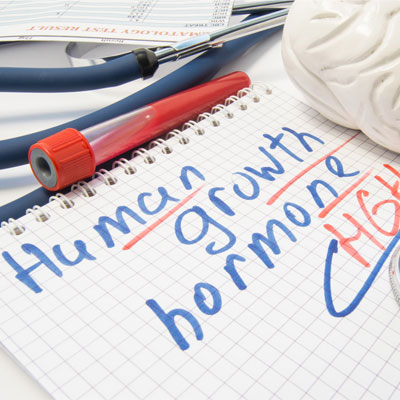
If you are suffering from an age-related growth hormone deficiency, HGH replacement therapy is a very safe and effective way to bring your HGH levels back into the normal range. The goal of growth hormone replacement is to simply bring your HGH level up to what is the optimal level for you. It would be virtually impossible for HGH therapy to cause the excessive amount of HGH necessary to trigger the gigantism and other complications of acromegaly.
What are the Symptoms of Too Much HGH?
As long as you follow your doctor’s instructions, HGH has few if any side-effects. People who experience side effects from “too much” HGH are usually abusing it or using it illegally.
In that case, some of the symptoms of too much HGH can include:
- Carpal tunnel syndrome
- Nerve, muscle, or joint pain
- Swelling of the arms and legs from fluid retention (edema)
- High cholesterol levels
- Numb and tingling skin
- An increased risk of heart disease and diabetes
- Growth of cancerous tumors
However, as long as you are using your HGH as prescribed, there is extraordinarily little risk of any of these side effects, virtually no risk of developing acromegaly.
When prescribed correctly, there is virtually no chance that growth hormone therapy can lead to acromegaly.
Can the Symptoms of Too Much HGH be Reversed?
Again, if the symptoms of too much HGH are those related to acromegaly, and the source of the condition is treated surgically or via the other methods discussed above, then those symptoms of too much HGH can be successfully reversed.
FAQ
- R. Dineen, P.M. Stewart.
- Roula Zahr, MD., MS., Maria Fleseriu MD.
- Gloria Lugo, Lara Pena, Fernando Cordido, Prof.
- Pinaki Dutta, Bhuvanesh Mahendran, K Shrinivas Reddy, Jasmina Ahluwalia
- Karen K. Miller, MD., Tamara Wexler, MD., PhD., Pouneh Fazeli, MD., PhD., Lindsay Gunnell, MD., Gwenda J. Graham, Catherine Beauregard, Linda Hemphill, MD., Lisa Nachtigall, MD., Jay Loeffler, MD., Brooke Swearingen MD., Beverly M. K. Biller, MD., Anne Klibanski, MD.
Updates in Diagnosis and Treatment of Acromegaly
Clinical Manifestations and Diagnosis of Acromegaly
Efficacy of recombinant hGH therapy in cured acromegaly patients with GH deficiency: a single centre experience.
Growth Hormone Deficiency after Treatment of Acromegaly: A Randomized, Placebo-Controlled Study of Growth Hormone Replacement

